-
Associate Professor Honeyands

-
Professor Paul Cooper
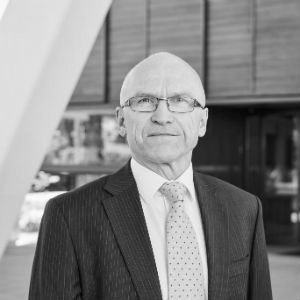
-
Minkyung Yang
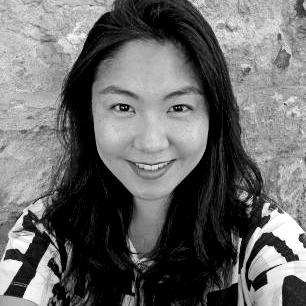
-
Dr Xue Feng Dong
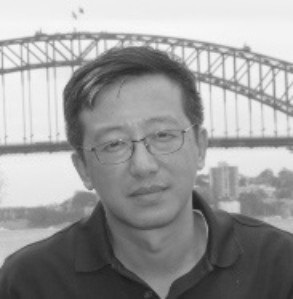
-
Dr Sheng Chew
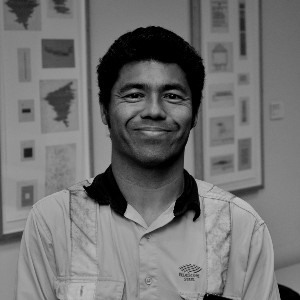
-
Dr Paul Zulli
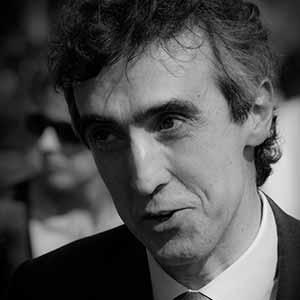
-
Hardikkumar Mandani
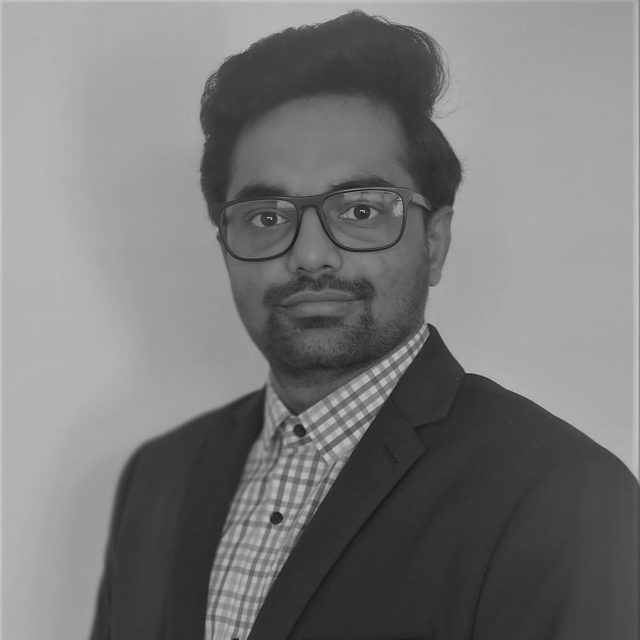
-
Durga Tandon
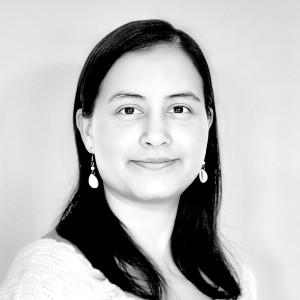
-
Dr. Abhik Banerjee
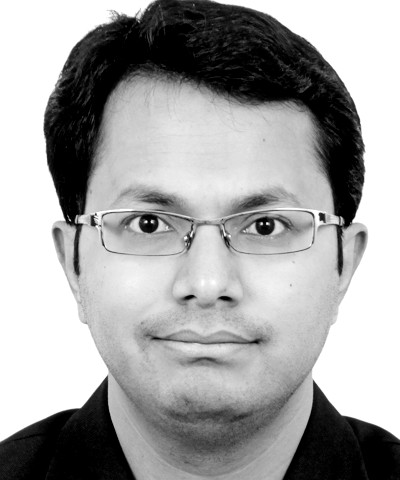
-
Dominique Sert
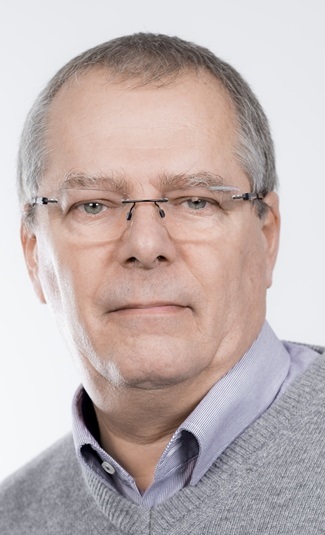
-
Dr Dake Yu
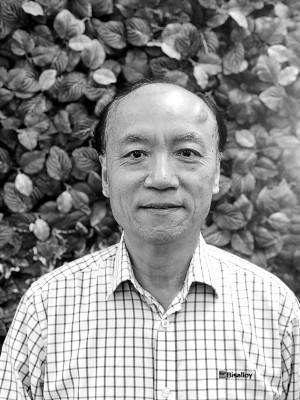
-
Alistair Forbes
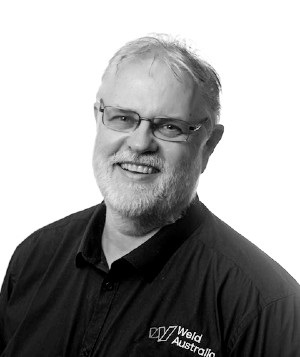
-
Jason Hodges

-
Andrea Fontana
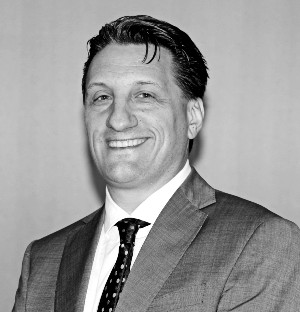
-
Mark Eckermann
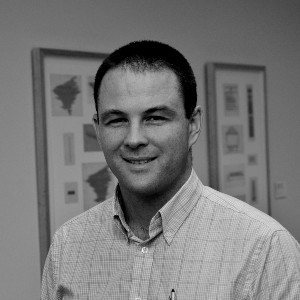
-
Associate Professor Yue Zhao
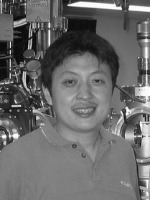
-
Professor Irene Yarovsky
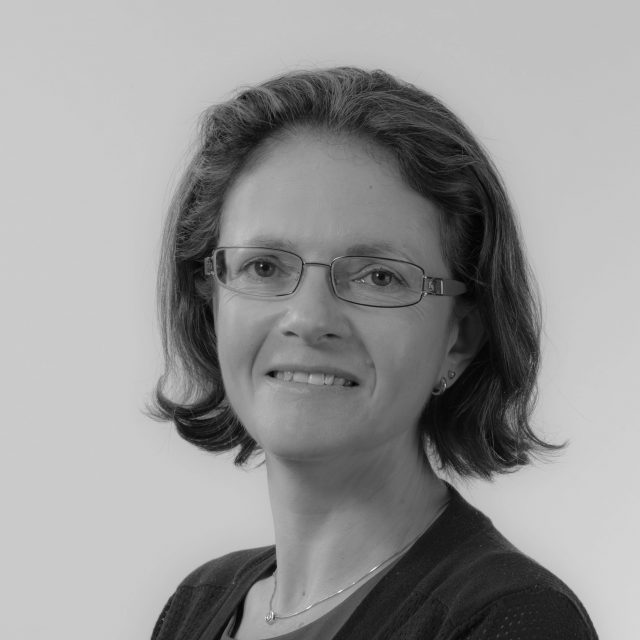
-
Professor Jianglong Yu
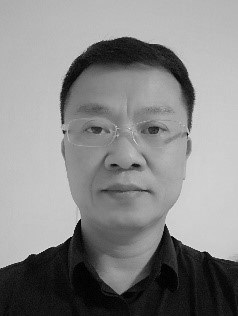
-
Associate Professor Stephen van Duin
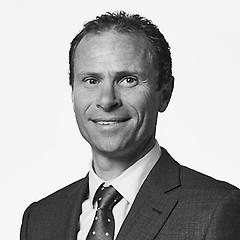
-
Professor Lip Teh
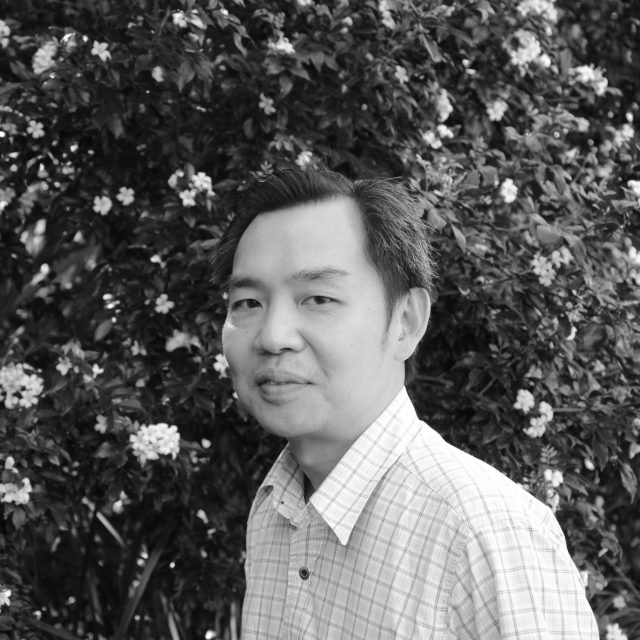
-
Dr Cao Hung Pham
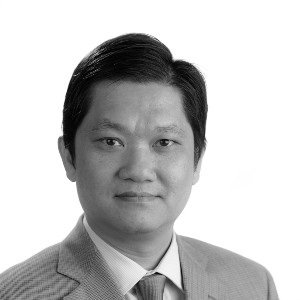
-
Dr Cao Hung Pham
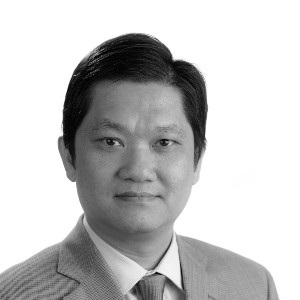
-
Professor Elena Pereloma
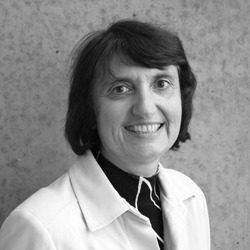
-
Dr. Subhasish Mitra
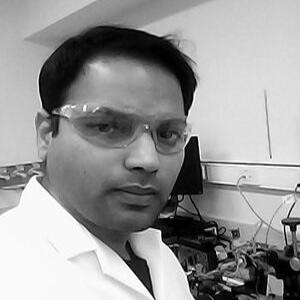
-
Dr. Buyung Kosasih
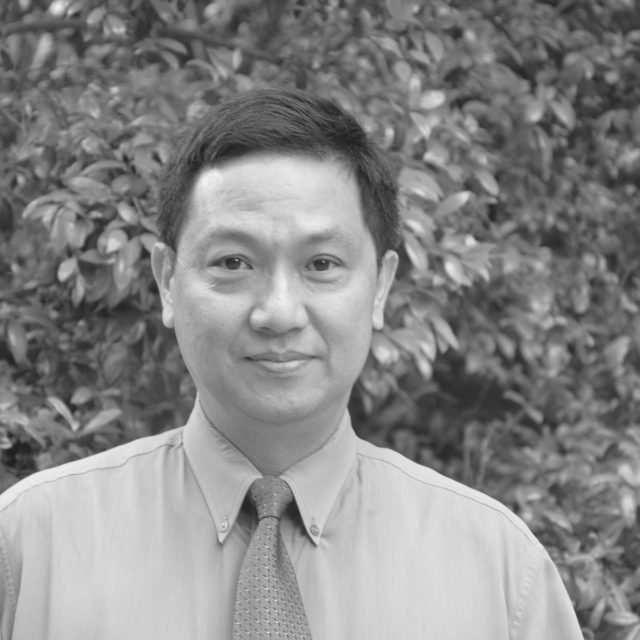
-
Grace Kennedy
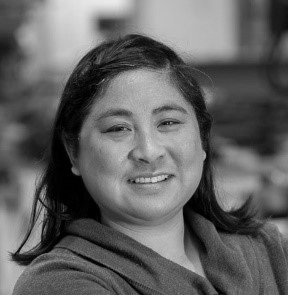
-
Dr Azdiar Gazder

-
Professor Elena Ivanova

-
Professor Paul Cooper
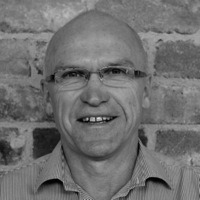
-
Professor Nick Birbilis
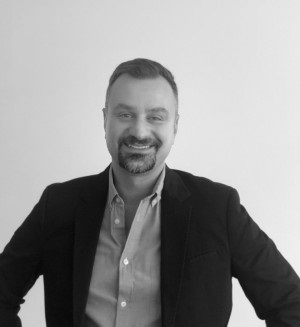
-
Dr Robert Fabien
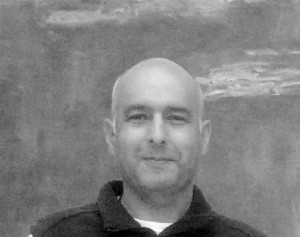
-
Associate Professor Daniel Fabijanic
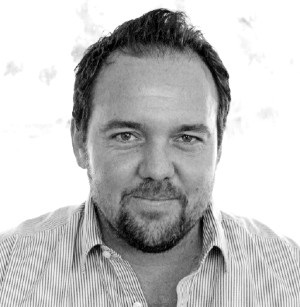
-
Prof Huijun Li
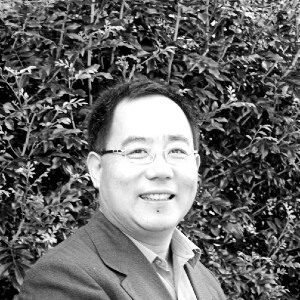
-
Professor Geoffrey Brooks
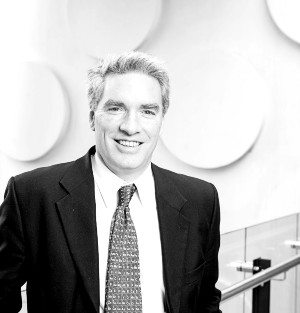
-
Professor Dimitrios Georgakopoulos
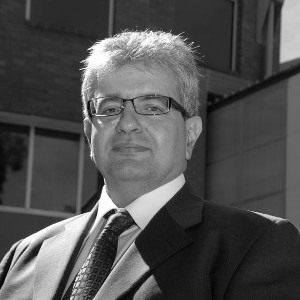
-
Prof Mike Y.J. Tan
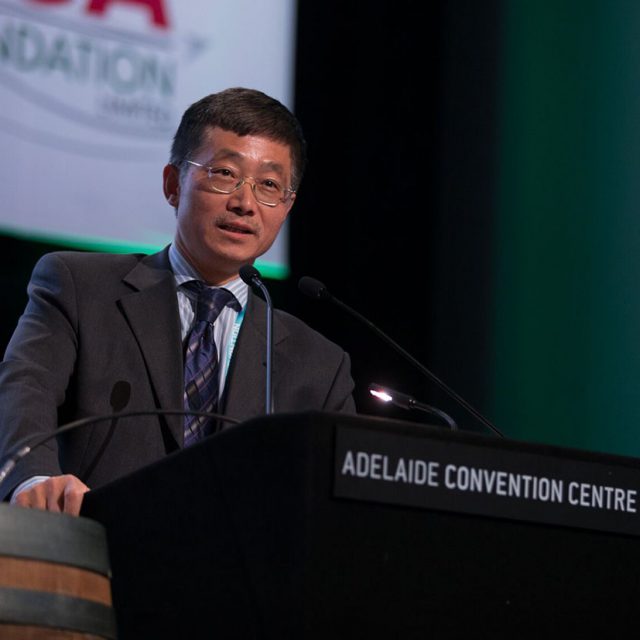
-
Dr. Jiangting Wang
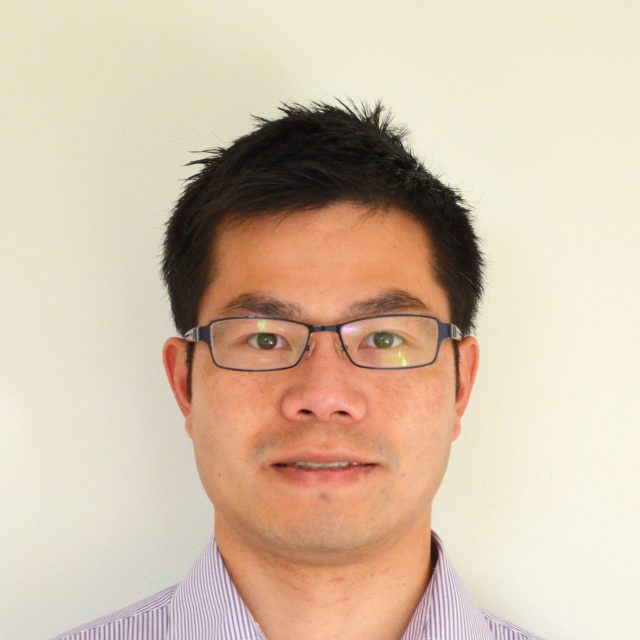
-
A/Prof Rimma Lapovok
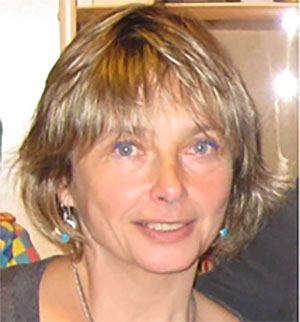
-
Dr Matthias Weiss
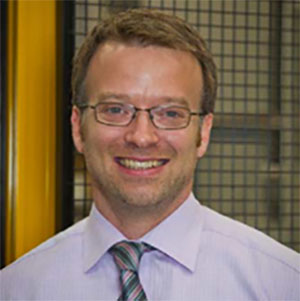
-
Dr Hassan Baji
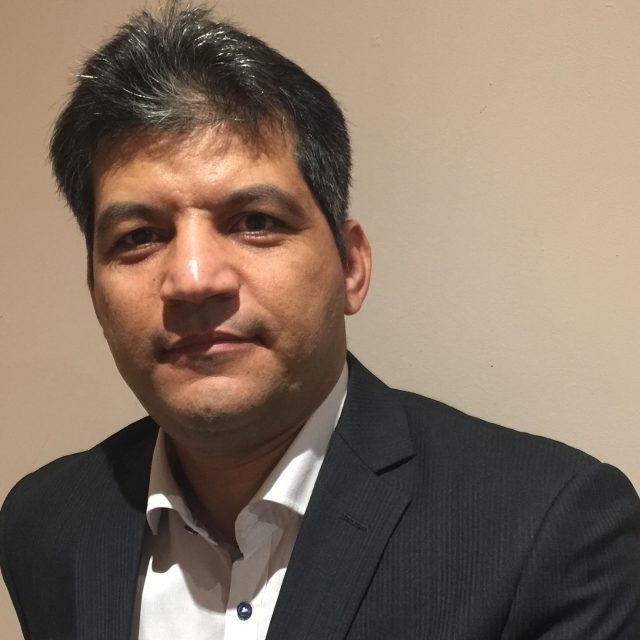
-
Dr Sourish Banerjee
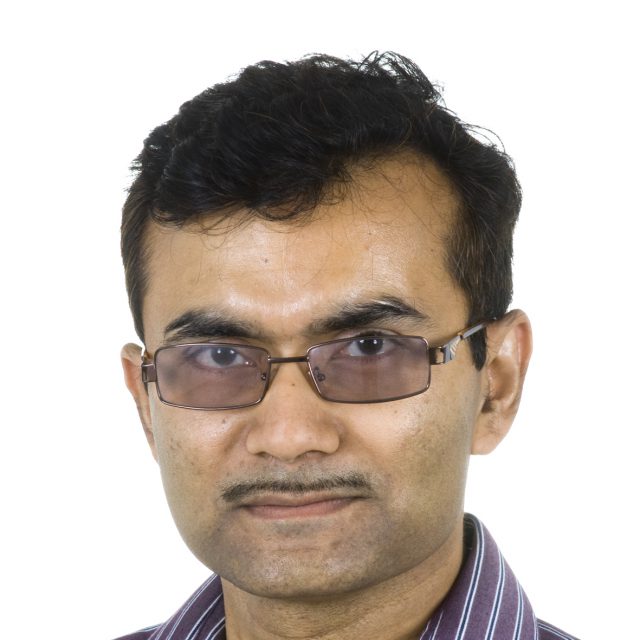
-
Scentia Prof Mark Bradford
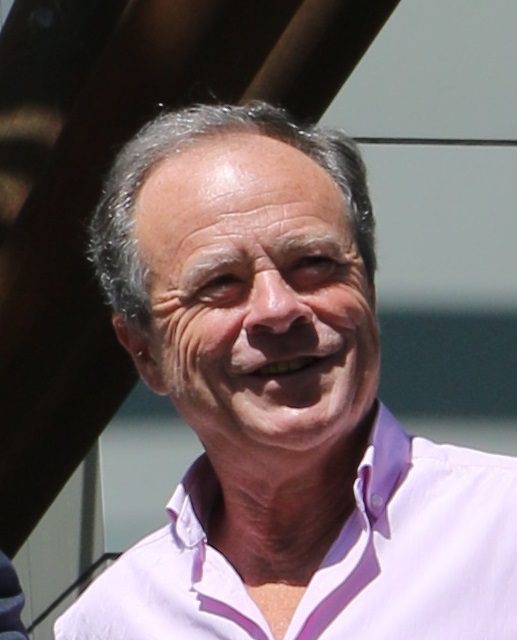
-
Giang Nguyen
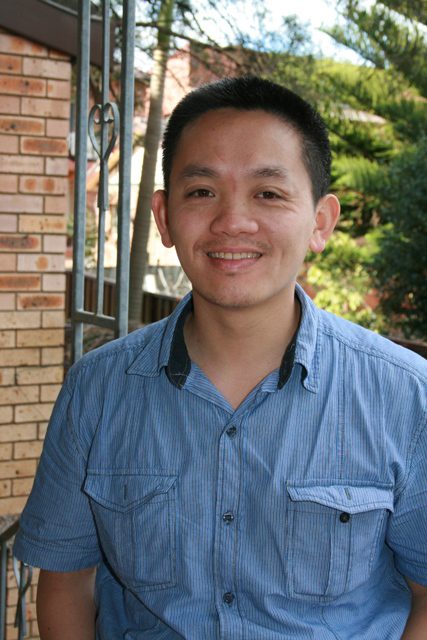
-
Professor Chi-King Lee
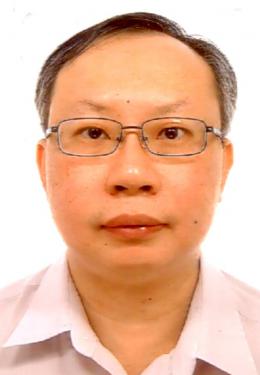
-
Dr Alireza Mohyeddin
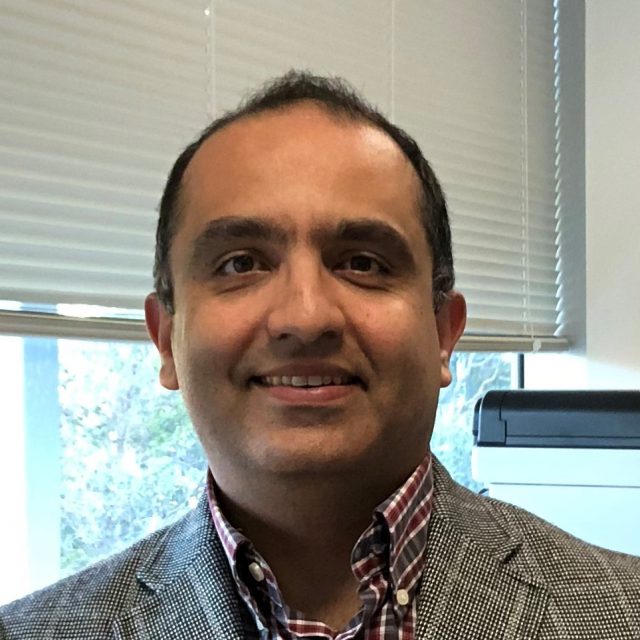
-
Omar El-Hawat
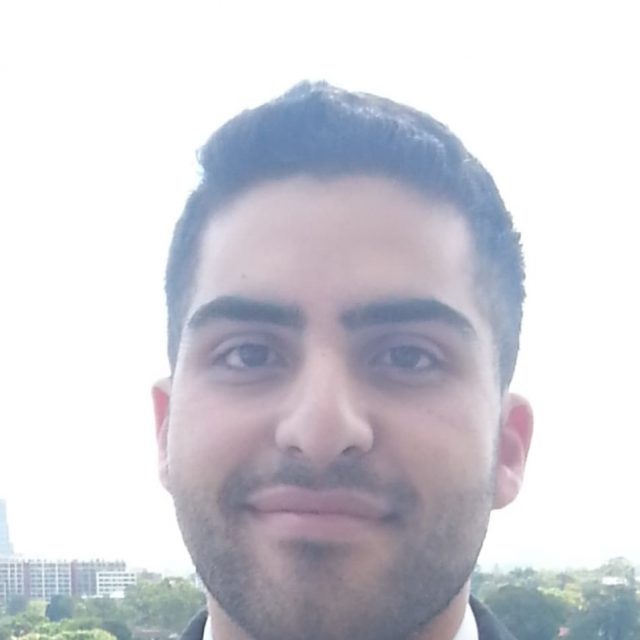
-
Dr Xing Ma
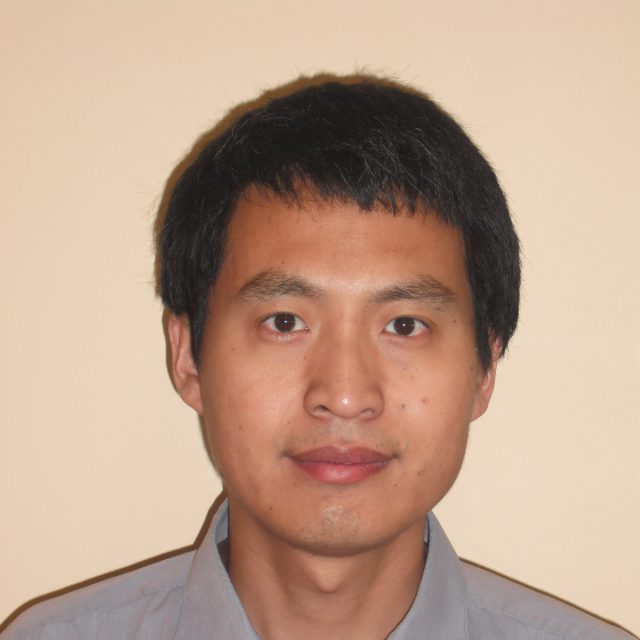
-
Dr Wensu Chen
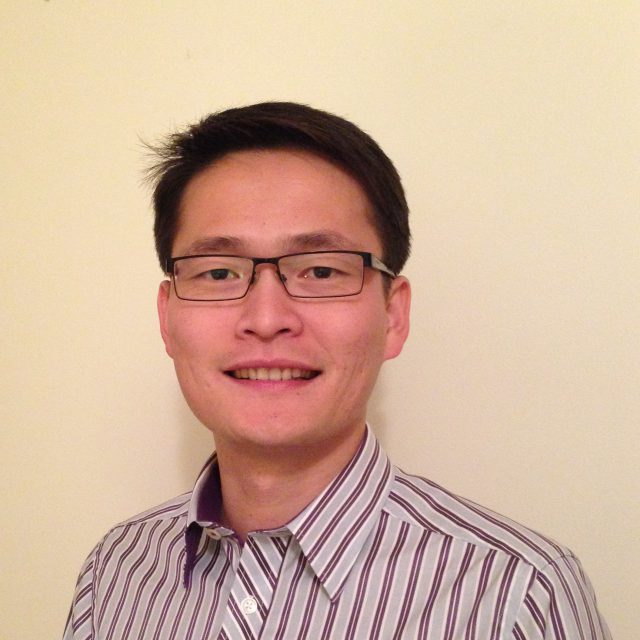
-
Dr Farhad Aslani
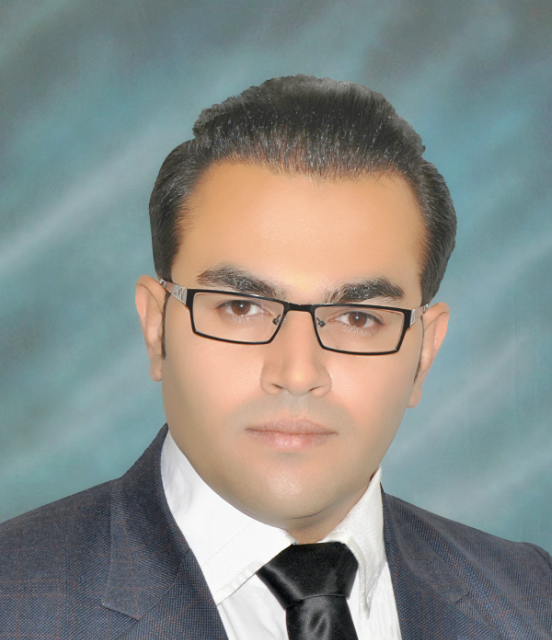
-
Dr Ilana Timokhina
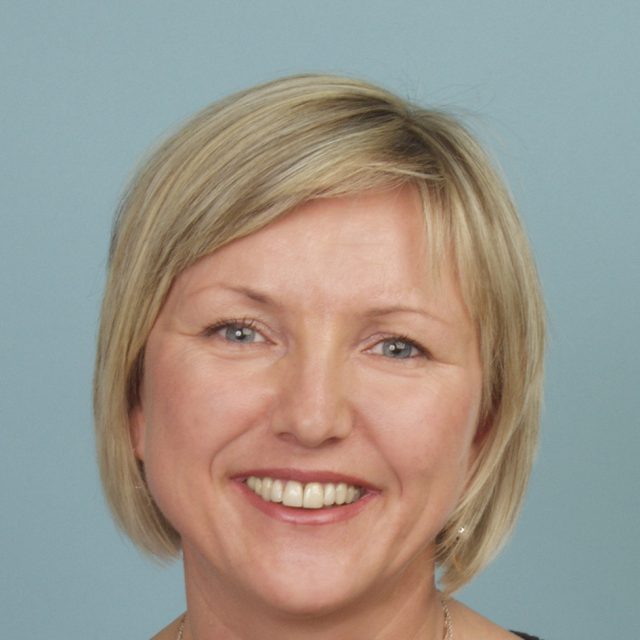
Associate Professor Honeyands is Director of the Centre for Ironmaking Materials Research at the University of Newcastle. He is a metallurgical specialist with more than 30 years’ experience in research, consulting and process engineering. In his current role he is responsible for leading research in the use of iron ores in both conventional and low carbon iron and steelmaking.
Prior to joining the University of Newcastle in 2015, Associate Professor Honeyands spent 20 years working in an industrial R&D environment and 6 years as a metallurgical consultant. While working for BHP he was involved in research into both conventional blast furnace ironmaking and alternate ironmaking technologies. He was a member of the core team responsible for the R&D to mitigate technical risks with the development and commissioning of a new hydrogen based direct reduction technology; FINMET. While working for Creative Process Innovation, he led the AMIRA P1097 project on transportable moisture limit (TML) of iron ore fines to address a global safety issue in the iron ore industry.
In the Steel Research Hub, he is leading the project on sintering of contemporary raw materials blends for ironmaking.
Paul Cooper is a Senior Professor of the Sustainable Buildings Research Centre (SBRC) at the University of Wollongong (UOW). Paul has been involved in research on a wide variety of topics in sustainable buildings, renewable energy systems, energy efficiency and fluid mechanics over nearly four decades. Paul has previously served as the Head of the School of Mechanical, Materials and Mechatronic Engineering at UOW. In 2019 he was awarded the James Harrison Medal of the Australian Institute for Refrigeration Air Conditioning and Heating (AIRAH) in recognition of his lifetime contribution to the Heating, Ventilation, Air Conditioning and Refrigeration (HVAC&R) industries.
As the Founding Director of the SBRC Paul was heavily involved in the design and subsequent operation of the SBRC Building, which is now recognized as one of the most sustainable buildings in Australia. In addition to being a net-positive energy building, this is the first and only building in Australia to have won full Living Building Certification from the International Living Future Institute; one of only three buildings outside the USA to have achieved this most stringent of sustainability benchmarks.
Paul was also the academic coordinator of the UOW entry in the Solar Decathlon China 2013 competition, which the students and staff of Team UOW won with a world record overall score. More recently he was a senior member of the UOW ‘Desert Rose House’ Solar Decathlon team that won 2nd place in the Solar Decathlon Middle East competition, held in extremely harsh desert conditions outside Dubai in 2018.
Minkyung Yang
Minkyung is currently working at Institute for Frontier Materials, Deakin University as an Associate Research Fellow, with InfraBuild Wire. She is introducing a new corrosion testing system for her current research, which is capable of both rapid screening of trial coating alloys/inhibitors and long-term mechanistic studies. Her goal on this project is to develop a deep understanding of corrosion mechanisms and, ultimately, design novel benign inhibitor systems that synergise with the underlying alloy for enhanced corrosion protection. She is also an expert in electrochemical imaging technologies and has been developing a new imaging technology, e.g. scanning electrochemical probe microscopy (SEPM), at Deakin. SEPM will unambiguously reveal structure-composition-corrosion activity by visualising the electrochemical activity on steel surface at the nanoscale.
Minkyung received BSc and MSc in Chemistry at Ewha Womans University (South Korea) and completed her PhD in Warwick Electrochemistry and Interfaces Group at the University of Warwick (UK) in 2017. She built strong background in electrochemistry and developed her expertise in state-of-the-art instrumentation and novel experimental approaches for SEPM at Warwick. After completing her PhD, she worked in Department of Chemistry at Imperial College London (UK; 2017-2018) and University of Warwick (UK; 2018-2020) as a research fellow. Her research performance was recognised by the Royal Microscopical Society and elected as an Early Career Representative in the Atomic Force and Scanning Probe in 2019. She also won a Leverhulme Early Career Fellowship in 2019, and most recently she received Discovery Early Career Researcher Award 2022 by Australian Research Council.
Dr Xue Feng Dong
Dr Xue Feng Dong is a Research Fellow at the Faculty of Engineering and Information Sciences at the School of Mechanical, Materials, Mechatronic and Biomedical Engineering, University of Wollongong. He completed his PhD in 2004 at UNSW. After that, he worked for four years as postdoctoral fellow at UNSW and seven years as development engineer at BlueScope Steel. His research practices cover multiple disciplines including multiphase flow, heat transfer, mass transfer with reactions, computational fluid dynamics and process engineering.
Dr Dong projects in research hub include a fundamental understanding of processing limits in blast furnace ironmaking, as well as evaluation of the furnace internal thermal state and equipment condition to help improve the campaign life of blast furnace.
Dr Sheng Chew
Dr Sheng Chew is a Senior Technology & Development Engineer in BlueScope Coke & Ironmaking Technology with postgraduate technical and business qualifications. He has over 20 years’ experience in the steel industry covering the primary operations value chain from raw materials through to secondary steelmaking. Throughout this time he has continued to support and participate in collaborative research.
As Program Leader (Industry) in the Process Integration & Sustainability program of the Steel Research Hub, Dr Chew provides both business and research vision and leadership.
Dr Paul Zulli was appointed Director of the ARC Research Hub for Australian Steel Manufacturing in March 2017. He is an internationally recognised leader in steel manufacturing R&D, combining over 30 years of technical and management experience across the steel and ferrous minerals industries. He has an established reputation for delivery of tactical and strategic project outcomes into operating businesses. An influential senior manager, he has actively sought to bridge the gaps between academic research products and innovative industrial solutions, with the goal to provide value-adding and sustainable outcomes. His specific areas of scientific interest include simulation methods and operational systems concerned with complex manufacturing processes, coupled with experimentation at various scales. He is an elected Fellow of the Australian Academy of Technological Sciences and Engineering.
Hardikkumar Mandani is an experienced Embedded System Engineer and has 5+ years of industry experience. He obtained a Master of Engineering Science from the Swinburne University of Technology. Subsequently, he joined IoT lab at Swinburne University of Technology as Research Engineer, where he was responsible to develop cutting-edge IoT technologies for various industrial projects. He also worked as Service Engineer in Ingenico Group where he was maintaining various electronics payment products.
Previously, Hardik was an Embedded Development Engineer at Techrider Technologies, India where he managed a small team focused on prototyping medical and domestic embedded devices. He also worked as Research and Development Engineer at Divolqa Technonics, where he was part of the team developing small-scale industry projects.
Currently, he is a first-year PhD candidate in Software and Electrical Engineering at Swinburne University of Technology. His research will focus on developing an IIoT Data-Analytics-based solution to reduce defects in manufacturing systems.
Durga Tandon
Durga Tandon is an experienced Mechanical Engineer. She graduated from the University of Wollongong with a Master’s degree in Mechanical Engineering. She has developed an understanding of key concepts in various aspects of material science, research and innovation, automation and robotics, manufacturing technologies and finite element analysis.
During her graduate study in Australia, she has participated in several student research projects including robot path planning, voltage optimisation technology, and product design and innovation. Her final year master’s dissertation was based on cold rolling and cladding technology. After her graduation from the University of Wollongong, she worked as a Mechanical Field Engineer in the construction industry in NSW.
Currently, she is a first-year PhD student at the UOW Steel Research Hub, undertaking collaborative research with Bisalloy and the University of Wollongong. Her research will focus on the fabrication of weld overlay on Q&T steels using automated wire arc additive manufacturing.
Dr. Abhik Banerjee is currently working as a Research Fellow at the Internet of Things Lab at Swinburne University of Technology. His research interests are in the areas of the Internet of Things (IoT), Industry 4.0, wireless networking, and indoor positioning. In his current role at the IoT Lab, his research focus is on the development of novel IoT solutions to industry problems, primarily Industry 4.0 solutions for the Australian manufacturing sector.
Before joining Swinburne University of Technology, Dr. Banerjee worked as a software architect at Robert Bosch India. As the primary technical lead in an internal Bosch startup IERO, he led the design and development of an edge-based indoor positioning platform used for context aware personalization in diverse indoor retail environments. Before that, he worked at Samsung R&D India – Bangalore, where focused on the design and development of networking middleware for Samsung devices, addressing multiple issues in connectivity management encompassing Wi-Fi, Bluetooth and Cellular Data.
Dr. Banerjee obtained his Ph.D. from Nanyang Technological University, Singapore, in 2012. He obtained his Bachelor of Engineering with first-class honours from the National Institute of Technology, Durgapur, India. His doctoral thesis focused on the reduction of overhead costs in wireless networks, with a particular focus on leveraging wireless broadcast advantage. After his Ph.D., he worked at Institut Telecom, France, focusing on self-organization in wireless and vehicular networks using evolutionary algorithms.
Dominique Sert
Dominique SERT is currently in the position of Blast Furnace scientific advisor of the Ironmaking Department of AMMR.
Dominique graduated from the engineer school Ecole Nationale Supérieure d’Electrochimie et d’Electrométallurgie (ENSEEG) in Grenoble in 1980, with a specialization in Metallurgy.
He entered ArcelorMittal Maizières Research SA (now AMMR, previously IRSID) in 1982, first at the Raw materials section, then at the Blast Furnace section from 1985 on.
He had then the opportunity to investigate all aspects of the blast furnace process, both from the theoretical and practical point of view thanks to the level of expertise of the Ironmaking department of Maizières and to various involvements in industrial operation through troubleshooting activities, industrial trials, short term assignments…
He was head of the blast furnace section for 7 years.
In 2005, he entered the ULCOS program as an expert for the development of the Top Gas Recycling Blast Furnace (TGR-BF) process. He is currently involved in several ArcelorMittal developments about CO2 mitigations in the steel industry.
Dr Dake Yu has a PhD in metallurgy and material engineering from the University of Wollongong. He is currently the Technical Manager for Bisalloy Steels and has expertise on processing, testing and developing high strength, high hardness quenched and tempered steels.
Dr Yu is involved in the Q&T plate project within the Steel Research Hub.
Alistair Forbes
Prior to re-joining Weld Australia as Technical Operations Manager, Alistair was a Product Manager at BOC where he was responsible for the management of the welding consumables and industrial chemicals product portfolio. Alistair was previously employed at Weld Australia, managing the technical panels including Pressure Vessels and Equipment, Welding Metallurgy, Pipelines, Aluminium and Magnesium, Lasers, and Arc Physics. Alistair holds a Masters degree in Metallurgy and is a qualified International Welding Engineer (IWE).”
Jason Hodges is the Open Innovation & IP Manager at BlueScope – Australia Steel Products. In addition to assisting BlueScope extract value from its IP portfolio in Australia, he seeks to forge mutually beneficial relationships with domestic and international research partners, customers, suppliers and technology vendors to advance BlueScope’s innovation pipeline. In over 25 years at BlueScope, he has held a diverse range of technical, manufacturing and technology development roles within Australia, Malaysia and China. Background academic qualifications include an Honours degree in Materials Science (UTS), an MBA (Deakin) and a Master of Science and Technology Commercialisation (Adelaide).
Jason is committed to successful commercialisation of new technology by the collaborative combination of a diverse team of passionate people, extensive market engagement and the systematic application of adaptive risk management processes. Of special interest are new insights on how lean industrial organisations establish strong long-term relationships with academic partners to efficiently develop new technology and translate to commercial benefit.
Andrea Fontana has 25 years of experience in the steelmaking industry. He started his professional career at Danieli, Italy, where he worked for seven years. During that time he successfully commissioned a great variety of meltshop equipment, delivered training and worked as on-site project manager. Fontana joined OneSteel, now InfraBuild (Liberty GFG), in 2003 and is currently the technical superintendent of all meltshops and rolling mills. His focus is on research and development and steelmaking best practices for the whole group, including maintaining a relationship with the academic world for research purposes and fostering student programs to build capability for the steelmaking industry.
Mark Eckermann holds the position of Product Innovation Manager at BlueScope in Port Kembla. He leads the technical team focussed on long term and breakthrough innovation, operating across a wide range of science and technology fields, from fundamental steelmaking metallurgy to building physics and performance. He studied at the University of Wollongong graduating with a Bachelor’s Degree in Materials Engineering and has held a diverse range of positions over 25 years with BHP / BlueScope including product quality investigations and projects, website design and build, marketing, strategy, direct customer sales and indirect customer business development.
Dr Zhao is currently the Coordinator of Postgraduate courses for the MMM School. Between 2012 and 2016 he was the Discipline advisor of Department of Materials. His research field is mainly in two areas: Surface Engineering for wear and corrosion resistance of engineering materials in applications such as cutting tools, coated steel construction products, and biomedical implants. For functional materials research, Dr Zhao is active in TiO2 nano-particle synthesis for dye sensitized solar cells and investigation in novel hydrogen storage materials for automobile applications.
Irene Yarovsky is Distinguished Professor and Leader of the Materials Modelling and Simulation research group at RMIT University, Melbourne, Australia. She concurrently holds a Visiting Professor position at the Department of Materials, Imperial College London, UK. Prof. Yarovsky completed her PhD in Computational Chemistry at Monash University, Australia, in 1995 on the topic of protein interactions with surfaces. She then joined industry (BHP Research, Australia) where she applied computational molecular modelling to help design advanced industrial coatings, minerals processing reagents and other interfacial materials. Following her industry appointment Irene joined RMIT University where from 2000 she has been leading a research group in theory and simulation of materials with a strong application focus, ranging from industrial to bio-materials and novel nanomaterials. Prof. Yarovsky is a Fellow of the Royal Society of Chemistry (UK) and a Fellow of the Royal Australian Chemical Institute.
In the ARC Steel Hub Prof. Yarovsky will contribute expertise in high performance computer simulations of atom-resolved models of materials to develop molecular design principles and a rational approach to engineering novel surface treatments and coatings with desired properties. Molecular simulation work will help narrow down materials design options based on the fundamentals of intermolecular interactions driving the materials performance.
Jianglong Yu is currently the vice-dean of the Monash University—Southeast University Joint Graduate School, adjunct professor of Chemical Engineering of the University of Newcastle and adjunct professor of Chemical Engineering of Monash University. Professor Yu contributes to the research on blending of waste plastic for cokemaking. His research involves fundamental understanding of how the addition of different types of waste plastic available in Australia affects the formation and properties of coke products and how the structure and properties of coke can be controlled and optimized through the blending of waste plastic.
Stephen van Duin is an Associate Professor at University of Wollongong where he externally leads a national research program for the Maritime Domain within DMTC Ltd. Through DMTC he works collaboratively with Australian defence industry, multiple universities and government research agencies to advance technologies in the naval manufacture and sustainment areas. He is Chief Investigator and standing committee member for the ARC’s Research Training Centre for Naval Design and Manufacturing. He is the tertiary sector representative for Australia’s Naval Shipbuilding Industry Reference Committee and is currently a specialist committee member of International Ships and Offshore Structures Congress.
Stephen originally trained as a Mechanical Engineer at BHP Steel from 1991 before moving to ITC, the commercial arm of the University of Wollongong in 1997. With a small research team he developed the capability to deliver niche advanced manufacturing technologies for the food processing, farming, aerospace, steel and mining manufacturing sectors.
From 2000, Stephen transitioned to an academic research position at the University of Wollongong where he completed a Graduate Cert. Business Management in 2004 and his PhD 2006 in applied industrial robotics. He is currently Principal Research Fellow for the Facility for Intelligent Fabrication, which applies welding and robotic solutions to Australia’s manufacturing sector in both defence and civil applications. He has over 60 peer reviewed publications and several patents in this research area and has been the recipient of multiple national awards for the successful application of these technologies to industry.
Professor Lip Teh
Prior to joining University of Wollongong as a lecturer in late 2009, Dr. Lip Teh had been working as a structural engineer in the manufacturing and consulting industries for many years. In particular, he was involved with the development of design methodologies for cold-formed steel storage racks including high-bay racks, which are arguably the precursor to modular cold-formed steel constructions.
His research interests lie with advanced analysis of steel frames, bolted connections, buckling analysis, climate resilient structures, cold-formed steel structures, modular construction, progressive collapse prevention, retrofitting and strengthening of steel structures, seismic engineering and sustainable structural design.
He brings his real world experience and research expertise in steel structures to lead a Steel Research Hub project on developing new cold-formed steel products and systems including connections that will help drive a market transformation towards the greater integration/adoption of cold formed steel products throughout the mid-rise apartment sector.
Dr Cao Hung Pham
Dr Cao Hung Pham is a Senior Lecturer in Structural Engineering at School of Civil Engineering, the University of Sydney. He was awarded a PhD on Cold-Formed Steel Structures from School of Civil Engineering, the University of Sydney in 2010. He also held a Bachelor of Civil Engineering with first class Honours in Structural Engineering at the University of Architecture – Ho Chi Minh City, Viet Nam in 2000. Subsequently, he obtained both Master of Construction Management and Master of Engineering Science in Structural Engineering at the University of New South Wales in 2003 and 2004, respectively. From 2011 to 2015, he was awarded the prestigious ARC Australian Postdoctoral Fellowship on the development of newly developed Direct Strength Method for Cold-Formed Steel Structures under combined actions. He was appointed to a continuing academic position as Lecturer in School of Civil Engineering, the University of Sydney since 2013 and Senior Lecturer in 2018.
Dr Pham’s main research areas are theoretical and experimental structural behaviours and designs with particular interest in steel structural members and systems, cold-formed steel structures, aluminium structures and structural stability and analysis. He teaches advanced steel structures and was successful in three ARC Discovery Projects, one ARC Linkage Project with BlueScope Steel, one ARC Research Hub for Australian Steel Innovation, and one Innovation Connections Grant. He is a member of the Editorial Boards of the Thin-Walled Structures Journal and Journal of Science and Technology in Civil Engineering.
Dr Cao Hung Pham
Dr Cao Hung Pham is a Senior Lecturer in Structural Engineering at School of Civil Engineering, the University of Sydney. He was awarded a PhD on Cold-Formed Steel Structures from School of Civil Engineering, the University of Sydney in 2010. He also held a Bachelor of Civil Engineering with first class Honours in Structural Engineering at the University of Architecture – Ho Chi Minh City, Viet Nam in 2000. Subsequently, he obtained both Master of Construction Management and Master of Engineering Science in Structural Engineering at the University of New South Wales in 2003 and 2004, respectively. From 2011 to 2015, he was awarded the prestigious ARC Australian Postdoctoral Fellowship on the development of newly developed Direct Strength Method for Cold-Formed Steel Structures under combined actions. He was appointed to a continuing academic position as Lecturer in School of Civil Engineering, the University of Sydney since 2013 and Senior Lecturer in 2018.
Dr Pham’s main research areas are theoretical and experimental structural behaviours and designs with particular interest in steel structural members and systems, cold-formed steel structures, aluminium structures and structural stability and analysis. He teaches advanced steel structures and was successful in three ARC Discovery Projects, one ARC Linkage Project with BlueScope Steel, one ARC Research Hub for Australian Steel Innovation, and one Innovation Connections Grant. He is a member of the Editorial Boards of the Thin-Walled Structures Journal and Journal of Science and Technology in Civil Engineering.
After conferring the PhD in 1987, Elena Pereloma worked as researcher and academic in Ukraine, Canada and Australia. Professor Elena Pereloma is currently Senior Professor of Physical Metallurgy in the School of Mechanical, Materials, Mechatronic and Biomedical Engineering, and the Director of the Electron Microscopy Centre at the University of Wollongong. Her major research interests are in processing-microstructure-property relationships, alloy design, thermo-mechanical processing, phase transformations, mechanical behaviour and advanced characterisation techniques.
Prof. Pereloma coordinated numerous research and industry-related projects with total funding exceeding $30 million. She co-authored more than 240 peer-reviewed papers, 4 book chapters, 1 patent, and edited two books with more than 5840 citations and h-index of 41.
Within the Steel Research Hub, Prof. Pereloma works on design of compositions and processing schedules for strip and plate products in collaboration with BlueScope Steel.
Dr. Subhasish Mitra is currently a research associate and sessional academic in Fluid Mechanics course in the Discipline of Chemical Engineering, School of Engineering at the University of Newcastle. Before entering academic research, he worked seven years as a chemical process engineer in the domain of process development, troubleshooting, and design in mineral processing, petrochemicals, and oil & gas industries.
His research interests encompass complex multiphase flow systems specifically interfacial flow problems involving droplet and bubble dynamics which primarily form the basis of many processes and mineral engineering applications. Of particular interest in understanding the phase interactions in droplet-particle and bubble-particle systems and associated heat and mass transport process and turbulence wherever applicable. His research involves the use of high-speed imaging to capture the small-scale interaction dynamics, thermal imaging for temperature measurement, and particle image velocimetry (PIV) for liquid phase velocity measurement; and computational modeling of these interactions using computational fluid dynamics (CFD) and discrete element method (DEM) approach.
Within the Steel Research Hub, his work computationally (using CFD) investigates the feasibility of coating formation to prevent wearing of refractory walls in basic oxygen steelmaking (BoS) furnace by splashing a retained slag pool using an inert gas jet. At the fundamental level, this work also experimentally probes the dynamics of coating formation involving impingement of a molten metal droplet on a flat surface and subsequent solidification.
Dr. Buyung Kosasih is an Associate Professor in the school of Mechanical, Materials, Mechatronic and Biomedical Engineering at the University of Wollongong.
He is actively conducting research in: lubrication with green aqueous lubricant, wind and river current-based renewable energy, and fluid dynamics of jet stripping in coating process.
In the Steel Research Hub, he leads a team working on understanding the fluid dynamics of metallic coating production in continuous galvanizing lines including jet wiping and liquid drag out from a bath aimed at improving the associated equipments design and the quality of the thin metallic coating.
He has been involved in ARC Discovery grants, LIEF grant and several UOW grants. He received an Outstanding Contribution to Teaching and Learning Award in 2013 from the University of Wollongong recognising his teaching excellence and dedication in engineering education.
Grace Kennedy is an Associate Research Fellow in the SMART Infrastructure Facility at the University of Wollongong researching applications of Model-based Systems Engineering (MBSE) for the Australian rail industry. Grace holds a Master of Systems Engineering (with Diploma in Industrial Studies) from Loughborough University, UK. She has expertise in Organisational Systems Engineering (modelling enterprises as systems, in particular the integration of “soft”/human aspects of organisations into these models). Her research interests are in MBSE and digital transformation approaches for organisational change.
She started her career in the Defence industry working as a Systems Engineer at a prime contractor in the UK. Prior to immigrating to Australia, Grace was a researcher at the Systems Engineering Innovation Centre at Loughborough University where she was the lead researcher on two Innovative Manufacturing and Construction Research Centre (IMCRC) projects. Grace is a chartered engineer through Engineers Australia and has attained certification (CSEP) status with INCOSE. Grace is a member of INCOSE, IEEE and the Human Factors and Ergonomics Society of Australia (HFESA). She is a co-chair of the INCOSE Human Systems Integration Working Group and a contributor to IEC 62508 on Human Dependability.
Dr Azdiar Gazder is a Senior Research Fellow of electron microscopy, advanced material micro-analysis, diffraction, and crystallography at the UOW Electron Microscopy Centre. He is a physical metallurgist specialising in the characterisation of fundamental deformation, recrystallisation and phase transformation phenomena in novel alloy systems used within the engineering, defence, aerospace, and medical sectors.
He has authored over 90 publications, is an elected Fellow of the Royal Microscopical Society and a Certified Materials Professional by Materials Australia and serves as an Executive Member of the Australian Microbeam Analysis Society Council which represents the broader Australian micro-analysis community.
Within the ARC Research Hub for Australian Steel Innovation, Dr Gazder’s work is on “3.1: Coatings, Corrosion protection and prediction” which aims to identify the composition and morphology of corrosion products that form on panels during atmospheric exposure in order to correlate them with accelerated corrosion testing conditions and improve on corrosion modelling predictive capabilities.
Professor Elena Ivanova is Distinguished Professor at RMIT’s School of Science. She has worked as a Postdoctoral Fellow at the New Energy and Industrial Technology Development Organization, Japan; Postdoctoral Fellow at the Center of Marine Biotechnology, University of Maryland; Visiting Professor at Hokkaido University, Japan; Cambridge University, UK and Institut Charles, Sadron, CNRS, France; she joined Swinburne University of Technology in 2001 and moved to RMIT University in 2018.
Within the Steel Research Hub, her project will contribute to the broader Hub Program “SRH II Program 2 Product Technology”, which aims to develop a commercial stable coating with antifungal properties, which can be incorporated into current BlueScope coatings and manufacturing processes. The role of her research in the broader project is to provide guidance in the selection and implementation of topographically modified surfaces that will exhibit long-term inhibition to the adhesion and growth of fungal spores to coated roofing products.
Professor Paul Cooper
Paul Cooper is a Senior Professor of the Sustainable Buildings Research Centre (SBRC) at the University of Wollongong (UOW). Paul has been involved in research on a wide variety of topics in sustainable buildings, renewable energy systems, energy efficiency and fluid mechanics over nearly four decades. Paul has previously served as the Head of the School of Mechanical, Materials and Mechatronic Engineering at UOW. In 2019 he was awarded the James Harrison Medal of the Australian Institute for Refrigeration Air Conditioning and Heating (AIRAH) in recognition of his lifetime contribution to the Heating, Ventilation, Air Conditioning and Refrigeration (HVAC&R) industries.
As the Founding Director of the SBRC Paul was heavily involved in the design and subsequent operation of the SBRC Building, which is now recognized as one of the most sustainable buildings in Australia. In addition to being a net-positive energy building, this is the first and only building in Australia to have won full Living Building Certification from the International Living Future Institute; one of only three buildings outside the USA to have achieved this most stringent of sustainability benchmarks.
Paul was also the academic coordinator of the UOW entry in the Solar Decathlon China 2013 competition, which the students and staff of Team UOW won with a world record overall score. More recently he was a senior member of the UOW ‘Desert Rose House’ Solar Decathlon team that won 2nd place in the Solar Decathlon Middle East competition, held in extremely harsh desert conditions outside Dubai in 2018.
Professor Nick Birbilis is the Deputy Dean of the College of Engineering and Computer Science at the Australian National University. His research is broadly in the area of materials design, with an emphasis on metallic materials. Materials characterisation and metal corrosion are usually the key accompanying research themes – with a focus on durable and sustainable materials (including protective coatings). Nick was previously the Woodside Innovation Chair at Monash University, where he was also the Head of the Department of Materials Science and Engineering. He is a Fellow of the National Association of Corrosion Engineers (NACE, USA), a Fellow of the Electrochemical Society (ECS), and a Fellow of the International Society of Electrochemistry (ISE). In. Nick has also been awarded numerous awards, including the Batterham Medal from the Australian Academy of Technological Sciences and Engineering and the HH Uhlig Award from the Electrochemical Society. He has authored over 350 publications and is the Editor-in-chief of the interdisciplinary journal npj Materials Degradation. and serves as a long-standing Editor for the journal Electrochimica Acta.
Dr Fabien is Innovation and Intellectual Property Manager at InfraBuild. He manages a small team focussed on intellectual property, new opportunities, market insight and market support. Dr Fabien holds degrees in Chemistry and Food Technology from the University of Bordeaux in France. A Graduate Diploma in Law from the University of Western Sydney and a PhD from the University of New South Wales.
Dr Fabien has been at BHP/OneSteel/InfraBuild for 23 years and has a background in coatings, corrosion, Innovation management and Intellectual Property.
A/Prof Fabijanic is a metallurgist with a specialisation in the research fields of surface engineering, surface degradation of metals, metal additive manufacturing, and high entropy alloys. The main thrust of the research is understand the mechanisms of surface related failure (wear, oxidation and corrosion) in metals and to develop novel surface modifications to counter these degradation mechanisms. Examples include laser cladding high entropy alloys on superalloys for high temperature oxidation resistance (ARC IIRH Additive manufacturing and AISRF grant), high entropy metal matrix composite claddings for extreme wear environments (ARC IITC mineAlloy), and the design of surface modifications for titanium to resist erosion/corrosion in the extreme environments of hydrometallurgy reactors (CRCp).
In the ARC Steel Hub he leads research conducted in partnership with InfraBuild Wire and Manufacturing focussed on novel thermo-mechanical processing routes to create high strength reinforcement bar, and on developing new hot dip zinc coatings and processes for wire product.
Prof Huijun Li obtained a PhD degree in 1996 from the University of Wollongong; He has 25 years’ research experience in materials science and engineering. He has published 5 book chapters and more than 400 papers over his career in the field of welding metallurgy, additive manufacturing, alloy development, surface engineering, nuclear materials and microstructure characterization.
Professor Huijun Li joined CRC Welded Structures research activities from 1995 to 2005, where he gained considerable experience on welding high strength line pipe steels, Q&T steels, stainless steels and heat resistant steels. He has also been involved in the revision of WTIA (Welding Technology Institute Australia) Technical Note 1 “The Weldability of Steels”, this technical note gives recommendations for the control of HAZ hardness and avoidance of cold cracking in carbon, carbon-manganese and low-alloy steels. After joining UOW in 2008, he has been heavily involved in DMTC and EPCRC research, including welding light armoured vehicles, naval surface ships and high strength line pipe steels.
Professor Li ‘s major role in the Steel Hub research is to investigate “Automated additive wire arc additive manufacturing to create multilayer hard-facing specialty steels with improved performance”,. Due to the mechanical and microstructural impact of additive manufacturing on processed Q&T steels and the need to ensure product quality, the project will quantify the correlation between mechanical properties and microstructure of cladded lay and the Heat Affected Zone over a wide range of welding parameters.
Professor Geoffrey Brooks has over 25 years experience in research relating to process metallurgy, steelmaking and sensor development. He has carried out steelmaking research in North America, Europe, Asia and Australia, working as at University of Wollongong, McMaster University, CSIRO and Swinburne University of Technology. In recent years he has concentrated on modelling of Oxygen Steelmaking, development of sound, vibration and image sensors for the metallurgical industry and studying the fundamentals of novel ironmaking routes. Professor Brooks and his co-workers have major international awards from the ISS, AIST, TMS, ASM and IOM3 for their research.
Professor Georgakopoulos is currently the inaugural Director of Swinburne’s IoT Lab, which is a Centre in the University’s Digital Innovation Capability Platform, and the Industry 4.0 Program Leader, in the Manufacturing Futures Research Institute. Before that, he served as Research Director of CSIRO’s ICT Centre and a Professor at RMIT University. Before joining CSIRO, he held research and management positions in several industrial laboratories in the USA, including Telcordia Technologies (where he helped found two of Telcordia’s Research Centers in Austin, Texas, and Poznan, Poland); Microelectronics and Computer Corporation (MCC) in Austin, Texas; GTE (currently a Verizon) Laboratories in Boston, Massachusetts; and Bell Communications Research (Bellcore) in Piscataway, New Jersey. Professor Georgakopoulos is a CSIRO Adjunct Fellow since 2014.
Professor Georgakopoulos authored/co-authored 190+ journal and conference publications. His publications include seminal articles in IoT, service computing, and process management. Per Google Scholar, his publications have received 18,250+ citations. Professor Georgakopoulos has served as the General or Program Chair of 25 major international conferences and many other smaller conferences or workshops. He has received two outstanding paper awards from the IEEE Computer Society for the best paper in the IEEE Int. Conference on Data Engineering, and the best paper in the 2017 Hawaii International Conference on System Sciences in Hawaii, USA. In the USA, he was the recipient of several IEEE CS service awards, a GTE’s Excellence Award, and research impact awards that include the 2013 Black Duck Rookie of the Year Award. In Australia, he won four ACT iAwards and a CSIRO Plant Industry Divisional Innovation Award. More recently in Swinburne, he received a Vice Chancellor’s Innovation Award (2018), and a Faculty of Science, Engineering & Technology’s Research Award (2019).
Professor Georgakopoulos attracted $59M+ of external research funding from industry and various government research funding agencies, ranging from Défense Advanced Research Projects Agency (DARPA) and ARDA (currently Intelligence Advanced Research Projects Activity or IARPA) in the USA, to the Framework Program in the EU, to the Department of Human Services, the Bureau of Meteorology, as well as 50 other industry and government research partners in Australia. Just in the past 4.5 years in Swinburne, he was the lead CI or a CI of 16 industry/ government-funded research projects that have been awarded $45+M of research funding that includes a $16.5+M funding allocation to Swinburne.
Prof Mike Y.J. Tan
Dr Mike YJ Tan is Professor of Applied Electrochemistry and Corrosion Technologies at Deakin University Australia. He is also a NACE Fellow, and Program Leader of the Energy Pipelines Cooperative Research Centre (EPCRC). He is the author of some 200 referred publications and 150 industry reports to date. His work over the past two decades spanned the range from fundamental study on issues such as electrochemical heterogeneity and corrosion science, and applied research on issues such as corrosion testing and monitoring, localised corrosion prediction, corrosion inhibition and anti-corrosion coatings and cathodic protection, to industry engagement and contracted research on issues such as pitting corrosion of internal oil pipeline and coating of external gas pipeline, as well as corrosion of desalination pipeline weldments. He is also the Asia Pacific Editor for the Corrosion Engineering, Science and Technology. Dr Tan has made substantial contributions to electrochemical methods for corrosion testing and monitoring. He is also a NACE Fellow that was given ‘in recognition of distinguished contributions in the field of corrosion and its prevention’. Specifically, Mike’s fellowship recognises his work developing a technology which can detect localised corrosion – which can occur in and on pipelines. In technical terms: for the development of an electrochemically integrated multielectrode array, namely the wire beam electrode method and its applications for localized corrosion and inhibitor studies. Some details can be found in an invited research book (Y.J. Tan, 2013, Heterogeneous Electrode Processes and Localized Corrosion, John Wiley & Sons Inc., USA, 246pp).
Dr. Jiangting Wang
Dr. Jiangting Wang is a research fellow at Institute for Frontier Materials, Deakin University. He is specialised in X-ray diffraction (XRD), scanning electron microscopy (SEM), transmission electron microscopy (TEM), and atom probe tomography (APT). His previous research projects were focused on understanding the microstructure and mechanical behaviour of high-strength low-alloy (HSLA) steels, twinning-induced plasticity (TWIP) steels, and magnesium alloys. He is currently investigating the strengthening mechanism of clusters and nano-precipitates (<10 nm) in a TiMo microalloyed steel.
http://www.deakin.edu.au/about-deakin/people/jiangting-wang
A/Prof Rimma Lapovok
A/Prof Rimma Lapovok is one of the key technical leaders and innovators within the global scientific community dealing with nanostructured and ultrafine grained metals and alloys. Building upon her rigorous training in theoretical and applied mechanics, plus practical experience in metal forming technology and material science, she has pioneered the new methods to process and understand the properties of bulk ultrafine grained metals and alloys via severe plastic deformation.
Dr Matthias Weiss
Dr Matthias Weiss is a Senior Research Fellow at Deakin University and has been involved in sheet metal forming research at Deakin University for the last 15 years. He is currently Head of the Roll Forming Research Group at the Institute of Frontier Materials (IFM) – one of the world’s largest roll forming research groups and Australia’s most advanced roll forming research facility. In 2016 Dr Weiss Co‐founded the start‐up company Formflow Pty Ltd following successful trials of a novel process for bending corrugated iron. The company focuses on the development of advanced products for the building and construction industry.

Dr Hassan Baji
Dr Hassan Baji obtained his Master’s degrees in Structural Engineering from Iran University of Science and Technology. After that, he worked in different engineering firms as a structural engineer. Then, he pursued his PhD study at the University of Queensland, where he obtained his PhD degree in 2014. After completing his PhD degree and briefly working as a research associate in UNSW Canberra, he joined RMIT University as a research fellow in Civil Engineering in May 2015. Since then, he has been working on different industrial projects such as the Melbourne Metro and other ARC projects, in which he specifically worked on reliability-based service life prediction of infrastructure such as water pipeline network, tunnels, bridges and overhead structures subjected to deterioration processes, e.g., corrosion. Dr Baji is currently working as a lecturer of Civil Engineering at the Central Queensland University based in Cairns. Dr Baji has also extensive teaching experience working at the University of Queensland, RMIT University and Deakin University.
Phone: (07) 40374747
Email: h.baji@cqu.edu.au

Dr Sourish Banerjee
Dr Sourish Banerjee is currently a Senior Lecturer in Structural Engineering in School of Civil engineering and Surveying at the University of Southern Queensland, Toowoomba, Australia. Prior to joining here, he was a Postdoctoral Research Fellow in the Centre for Advanced Composite Materials (CACM) at the University of Auckland, NZ after completing his PhD from the School of Engineering Sciences at the University of Southampton, UK. Before pursuing PhD, he was involved in the planning and execution of massive engineering projects in India. His diverse research interests include computational and theoretical modelling in solid mechanics particularly of advanced composite, lattice and nanomaterials, structural dynamics and optimal design.
Work phone: +61 7 4631 1325
Website: https://staffprofile.usq.edu.au/Profile/Sourish-Banerjee
LinkedIn: https://www.linkedin.com/in/sourish-banerjee-8133813a/

Scentia Prof Mark Bradford
Mark Bradford is a Scientia Professor at UNSW and is the Director of Research and founding Director of its Centre for Infrastructure Engineering and Safety. He is widely-known for his work in steel and steel-concrete composite structures and has been supported by a Federation Fellowship and an Australian Laureate Fellowship to conduct research in these fields of structural engineering. Over recent times, he has developed a profile in addressing the fundamental mechanics underpinning structural engineering, green technologies and climate adaptation, such as deconstructable building frames, low-emissions materials in hybrid applications such as steel-timber and steel-precast geopolymer composite members, and the analysis of pavement upheaval and railway lateral buckling under heatwave conditions.
Scientia Professor Mark Bradford
Professor of Civil Engineering and Director of Research
Centre for Infrastructure Engineering and Safety
School of Civil and Environmental Engineering
UNSW Sydney (The University of New South Wales)
NSW 2052

Giang Nguyen
Giang D. Nguyen is currently an Associate Professor in the School of Civil, Environmental and Mining Engineering at the University of Adelaide. He joined the University of Adelaide in July 2013 after a period of six years at the University of Sydney, as a Postdoctoral Research Associate, USyd Postdoctoral Fellow and Lecturer. Giang graduated from the University of Oxford in 2005 with a DPhil degree in Engineering Science (majoring in Computational Mechanics), after his M.Sc. degree also in Computational Mechanics from the University of Liege (Belgium, 1998) and a B.Eng. in Civil Engineering from the HoChiMinh City University of Architecture (Vietnam, 1996). His research spans across a few disciplines, including Geophysics, Structural, Geotechnical and Mining Engineering. Giang has 16 years of experience, since the start of his DPhil at Oxford in 2001, in the modelling and failure analysis of rocks, sea ice, concrete, soils, metals and composites at various scales (from millimetre to kilometres) in both industry (NASA U.S.A. 2005-2007) and fundamental projects (Australian Research Council, 2010-date).
Email: g.nguyen@adelaide.edu.au

Professor Chi-King Lee
Professor Chi-King Lee has been working in the areas of finite element modelling and structural engineering for many years. His main research interests include automatic finite element mesh generation and adaptive algorithm, steel structure, sustainable building structure system and protective engineering for structure. He acts as reviewer for many international journals in the areas of numerical modelling, structural mechanics and engineering. He also worked as a consultant for the PSA Singapore on the dynamic fatigue study of container quay cranes as well as for a building design software company to provide recommendations on the implementation of their analysis and design software.
Email address: c.lee@adfa.edu.au
Location: Room 211, Building 17, UNSW Canberra, Northcott Drive, Campbell, ACT 2600
School: https://www.unsw.adfa.edu.au/school-of-engineering-and-information-technology/professor-chi-king-lee
Research: https://research.unsw.edu.au/people/professor-chi-king-lee
Google scholar: https://scholar.google.com/citations?user=xRvBXcUAAAAJ&hl=en

Dr Alireza Mohyeddin
Alireza Mohyeddin received a Bachelor Degree in Civil Engineering from Sharif University of Technology, a Masters Degree in Earthquake Engineering from The University of Tehran and a PhD in Structural Engineering from The University of Melbourne. He joined the School of Engineering at ECU in 2012. He has been the Course Coordinator of all the undergraduate and postgraduate (coursework) courses across the Discipline of Civil and Environmental as well as Maritime Engineering in the School of Engineering since 2013. He established the Structural Engineering Research Laboratory at ECU, and was the Project Manager of a multi-million plan for this lab (commissioned in 2016). He was also the Lead Engineer of the Modular Reaction Frame design project as well as a Steel Base-Frame design project for SER Laboratory. He was a member of Australian Engineered Fasteners and Anchors Council (AEFAC) Standard Development Committee partaking in preparation of TS 101:2015 superseded by AS 5216:2018. He worked as a Project Coordinator and a Structural Engineer for more than 6 years prior to pursuing his PhD, and was involved in many aspects of civil engineering profession from analysis and design of Steel and RC structures to project coordination.
Senior Lecturer and Course Coordinator, Civil Engineering, Edith Cowan University (ECU)
Ph: +61 8 6304 5201;
LinkedIn: https://au.linkedin.com/in/alireza-mohyeddin-a0824030;

Omar El-Hawat
Omar is undertaking his PhD in the field of Structural and Earthquake Engineering at the University of Technology, Sydney (UTS). He has obtained his BEng (Civil, 1st class honours) and gained knowledge in the field of structural design, particularly in the design of bridges against earthquake loading. Omar is undertaking numerical research studies through the use of finite element software’s such as ABAQUS, ANSYS and SAP2000.
Prior to starting his PhD, Omar has gained over 1.5 years of experience in the construction industry of buildings. Additionally, Omar has gained 1.5 years of structural consulting experience, having designed multiple structures, including houses, warehouses and apartment complexes.
Bachelor of Civil engineering (1st Class honours), PhD Candidate

Dr Xing Ma
Dr. Xing Ma is a senior lecturer in structural engineering at UniSA. He received his bachelor degree (1994), master degree (1997) and doctoral degree (2000) from Tongji University, China. Since then he has been involved in teaching and research in structures for nearly 20 years. Dr. Ma’s research interests include: steel structures, steel-composite structures, sustainable material and structural design and structural retrofitting. He was a winner of 2000-China’s national award on the topic of steel tower structures.
Research Education Portfolio Leader-MLK
Senior Lecturer in Structural Engineering
School of Natural and Built Environments
University of South Australia
Building P2-38, Mawson Lakes Boulevard
Mawson Lakes, Adelaide
Australia, SA 5095
Tel: +61 8 8302 3109
Fax: +61 8302 5082
Email: xing.ma@unisa.edu.au
Homepage: http://people.unisa.edu.au/Xing.Ma

Dr Wensu Chen
Dr. Wensu Chen is an ARC DECRA Fellow/Senior Research Fellow in the school of Civil and Mechanical Engineering and Centre for Infrastructural Monitoring and Protection (CIMP) at Curtin University. Dr. Chen has been granted Australian Research Council Discovery Early Career Researcher Award (DECRA, 2016-2019) and ARC Linkage Project (2015-2018). Dr. Chen currently is a Committee member of Structures Panel WA Division, Engineers Australia and a chartered member of Institution of Engineers Australia. He serves as grants Assessor for ARC-DP, ARC-DECRA and Future Fellowship proposals (2015/2016/2017/2018), Guess Editor of Advances in Structural Engineering (SCI index) and Advances in Mechanical Engineering (SCI index) and reviewer for more than twenty international journals. His research interests are primarily in structural response and mitigation to blast and impact loads, energy absorption of protective structures, dynamic behaviour of materials and structures. Dr Chen’s research excellence has been recognized through the award of the 2017 Curtin University Research Excellence ECR Award and Discovery Early Career Researcher Award (ARC DECRA). He was also a Finalist in the 2017 Premier’s Science Awards (Woodside Early Career Scientist of the Year).

Dr Farhad Aslani
Dr Farhad Aslani holds a Bachelor of Science degree in Civil Engineering and a Master of Science degree in Structural Engineering. He also completed his PhD in Structural Engineering in the School of Civil and Environmental Engineering at the University of Technology, Sydney. After completing his PhD, he held two full-time Postdoctoral Fellow positions funded under two ARC Discovery Projects in the School of Civil and Environmental Engineering at the University of New South Wales. In 2016, he joined the University of Western Australia as a Senior Lecturer in Structural and Concrete Engineering in the School of Civil, Environmental & Mining Engineering. Furthermore, he has three years industrial experience as head of Structural Engineers in Arman Rah Gharb Consulting Company for retrofitting and rehabilitation of bridges.
Phone: 0434419460
Email: farhad.aslani@uwa.edu.au

Dr Ilana Timokhina
Dr. Ilana Timokhina is a Senior Research Academic at the Institute for Frontier Materials, Deakin University, Australia.
Dr Timokhina has 5 years’ experience in the semiconductor thin films area and over 15 years’ experience in physical metallurgy of metals and alloys. Her work involved conceiving and managing research programs of various degrees of complexity. Dr Timokhina’s key research areas are development of complex advanced high strength multiphase steels to achieve optimum material performance (two “Best Paper” awards related to this work), nano-structural materials with balanced strength and ductility produced through different severe plastic deformation processes and subsequent heat treatment, fundamental understanding of strengthening mechanisms in metals, composite and upcycling materials. She uses correlative microscopy i.e. Scanning, Transmission, Ion Beam, Electron Backscattering Electron microscopy, Atom Probe Tomography, Neutron and X-Ray diffraction as the main approach to solve scientific problems. Dr Timokhina has published more than 130 scientific papers (1792 citations, h-index 23), two book chapters, was invited speaker at many international conferences and is a reviewer for a number of international journals and grant schemes.
Dr Ilana Timokhina
Senior Research Academic
Deakin University
Institute for Frontier Materials, Waurn Ponds Campus, Locked Bag 20000, Geelong, VIC 3220
+61 3 52272562
+61 0425802856




